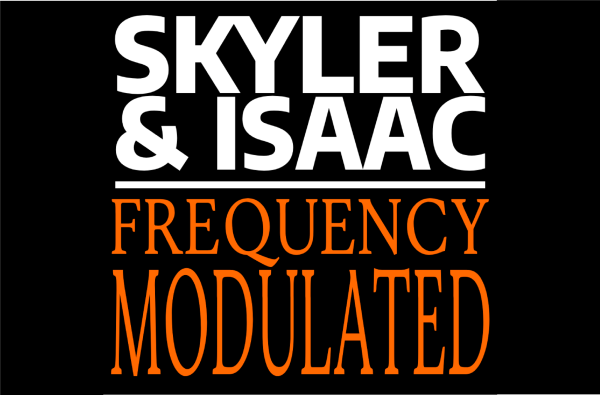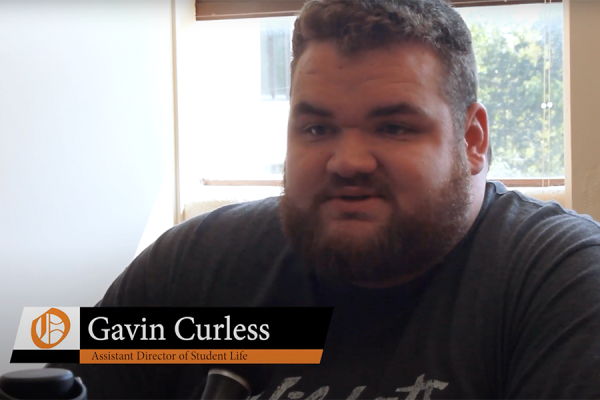Why Should I Care About ObamaCare?
Launched Oct. 1, the Affordable Care Act, commonly known as ObamaCare, is projected to provide the almost 48 million uninsured American’s with healthcare coverage. According to the August Kaiser Health Tracking Poll, 51 percent of Americans are unaware of how the reform will impact them and their family.
The gist of ObamaCare is this: the federal government is subsidizing health care coverage in hopes of affordable and easier access for all Americans.
The new plans will provide free preventive services such as cancer screenings and women’s contraceptives, annual checkups, prescriptions and substance use disorders. It will also prevent insurance companies from denying coverage to a person with a pre-existing condition, something that was not in place before ObamaCare.
What’s important for all of us students to know is that the success of ObamaCare depends on us. Our future participation could subsidize premiums for the sick and elderly, which is the source of a dispute between Republicans and Democrats that was part of the recent government shutdown.
Census data show that just 30 percent of those between 25-44 saw a doctor three or more times in 2010, which according to the Republicans, means that young adults will not only be paying for unused coverage of their own, they will also have to provide coverage for those unable to pay for their own.
But there are benefits for us. ObamaCare will allow students to stay on our parents’ insurance plan until the age of 26. Before the law was put into place, many students were dropped from their parents’ insurance for numerous reasons: legal adulthood, college graduation, marriage or being a part-time student.
For those who are unable to stay under the umbrella of their parents’ insurance, ObamaCare is supposed to make it easier to enroll in plans that have broader coverage than those before Oct. 1. New plans provide free preventive services, annual checkups, prescriptions and substance use disorder services. It also allows Americans to register without the threat of being denied coverage because of a pre-existing condition, something that was an issue for many plans before the law took effect.
For those under 30, there is an option to buy “catastrophic” health plans where the insurance company would pay for essential health benefits over a certain amount. It also includes preventative health care benefits, including screenings and vaccines, which must be covered by the Marketplace, which is the exchange program for insurance companies.
The cost of insurance isn’t cheap, and by law every American will have to buy health insurance or will face a penalty of $95 or 1 percent of their household income (whichever is greater.) But in 2016, it will increase to $695 or 2.5 percent of income, which is daunting for us students who are already drowning in thousands in student debts.
The good news is this — students who earn a limited amount of money a year could be eligible to receive coverage through Medicaid. But according to David Hogberg and the National Center for Public Policy Research, more than 3.7 million young adults will be at least $500 better off by just paying the penalties and not getting insurance.
Baker offers optional “accident and sickness” insurance coverage for students who are not on their parents’ plan. It covers students from Aug. 1, 2013, to July 31, 2014, for $165 per month. The plan was cheaper several years ago, but it came with minimal benefits that are not allowed with the new standards that health care plans must follow through ObamaCare. Insurance coverage while at Baker is mandatory for both international students and student-athletes.
To find out more about Kansas’ Medicaid eligibility requirements or health care coverage plans, visit www.healthcare.gov.






